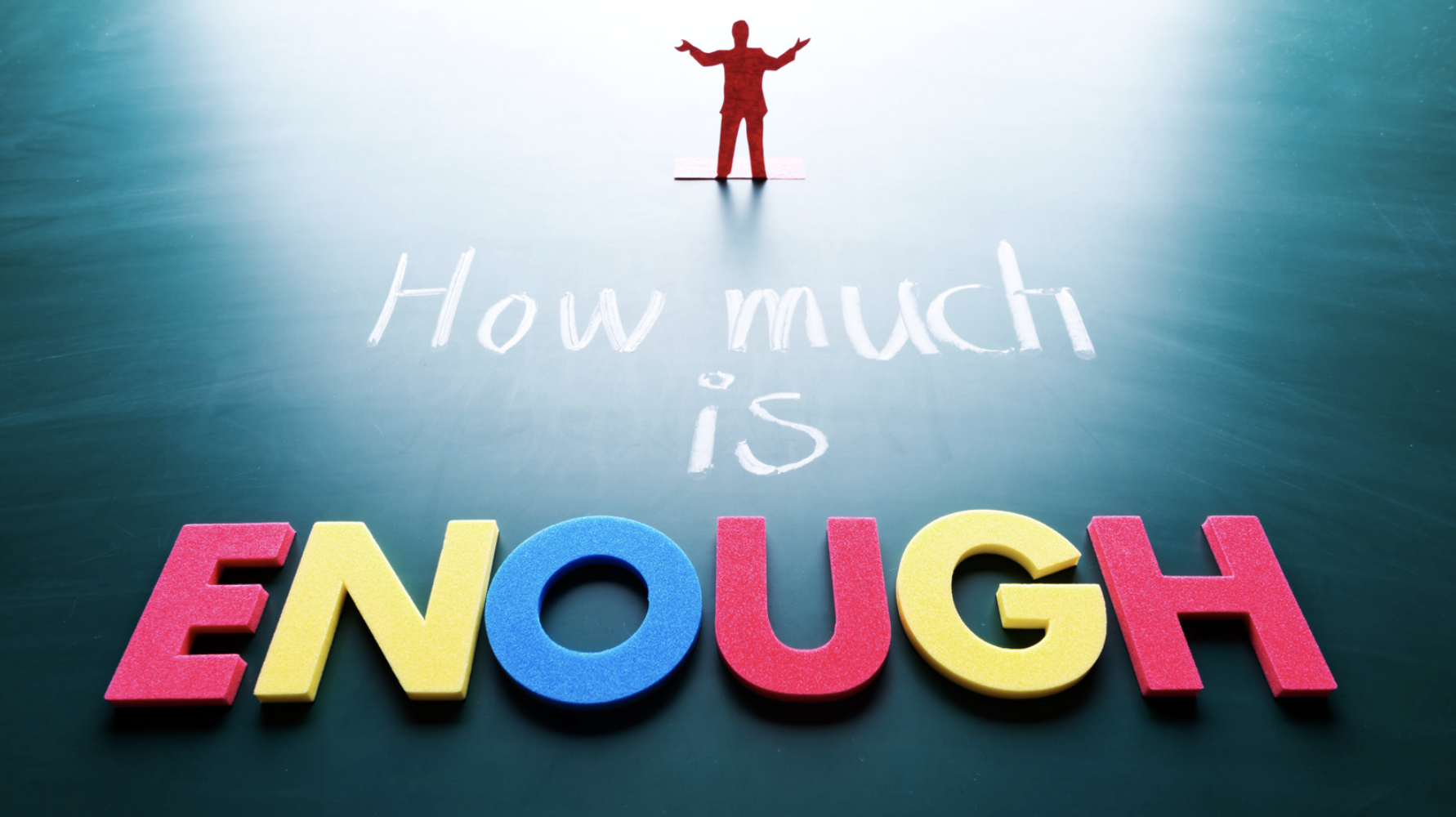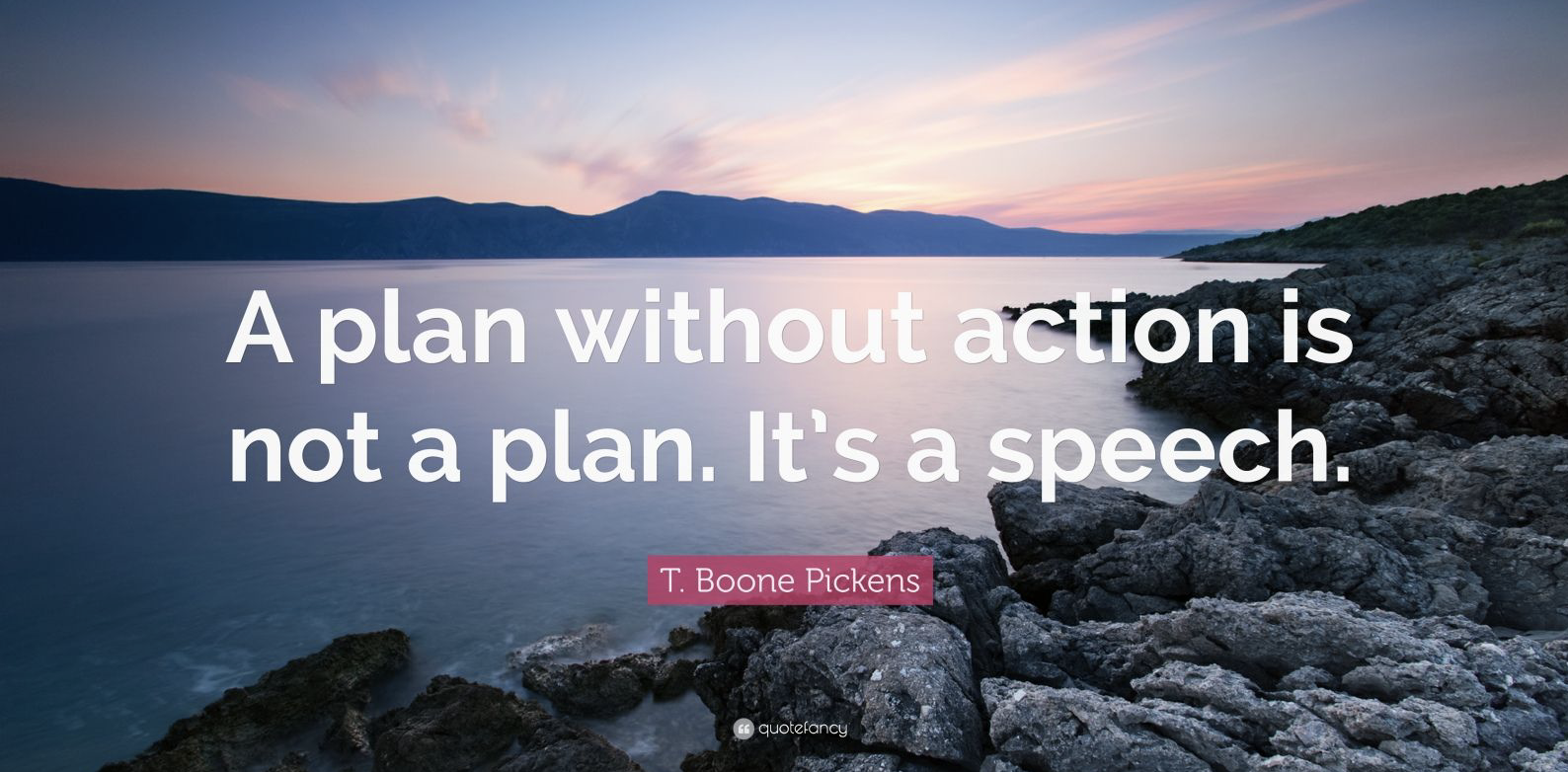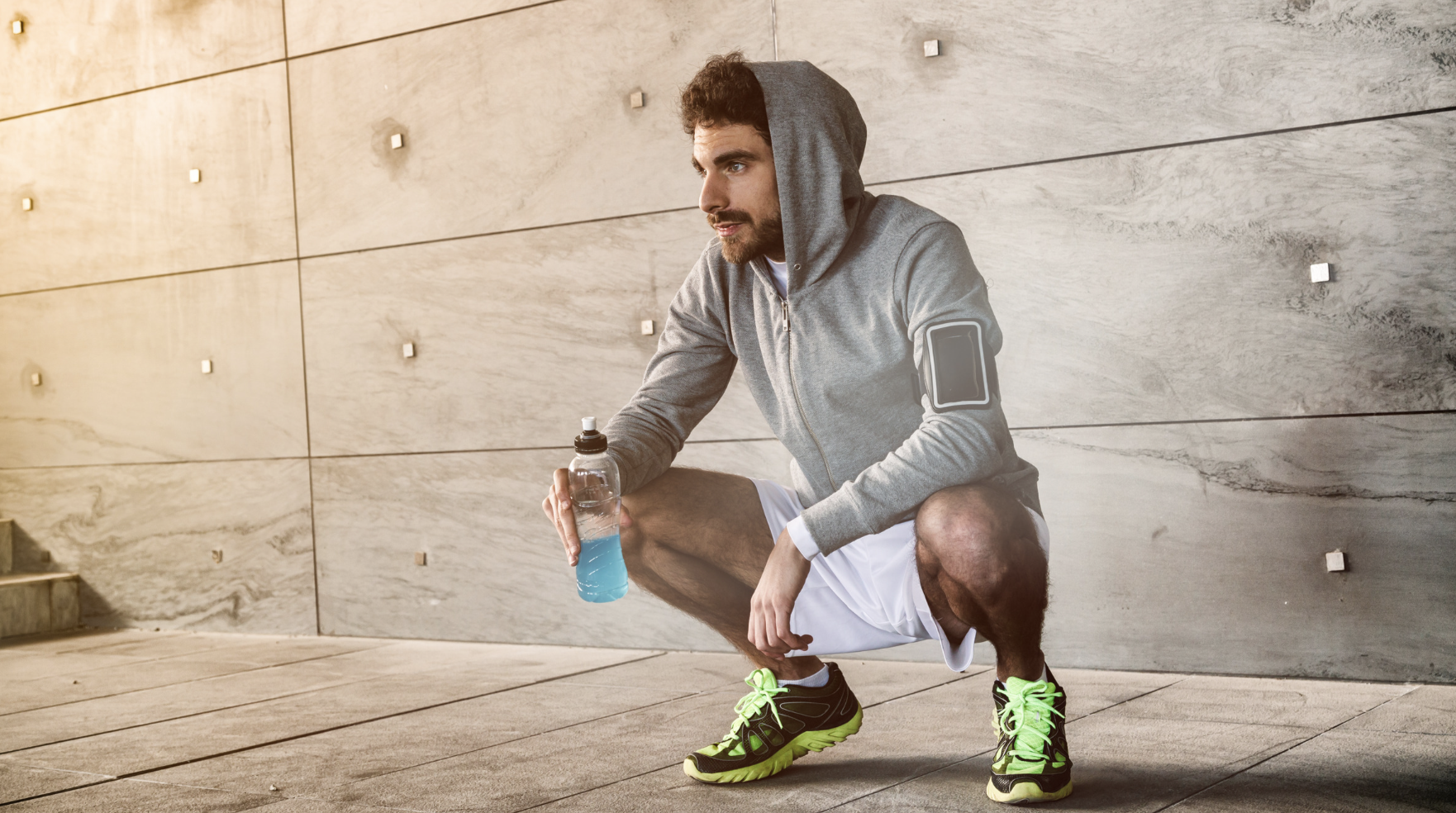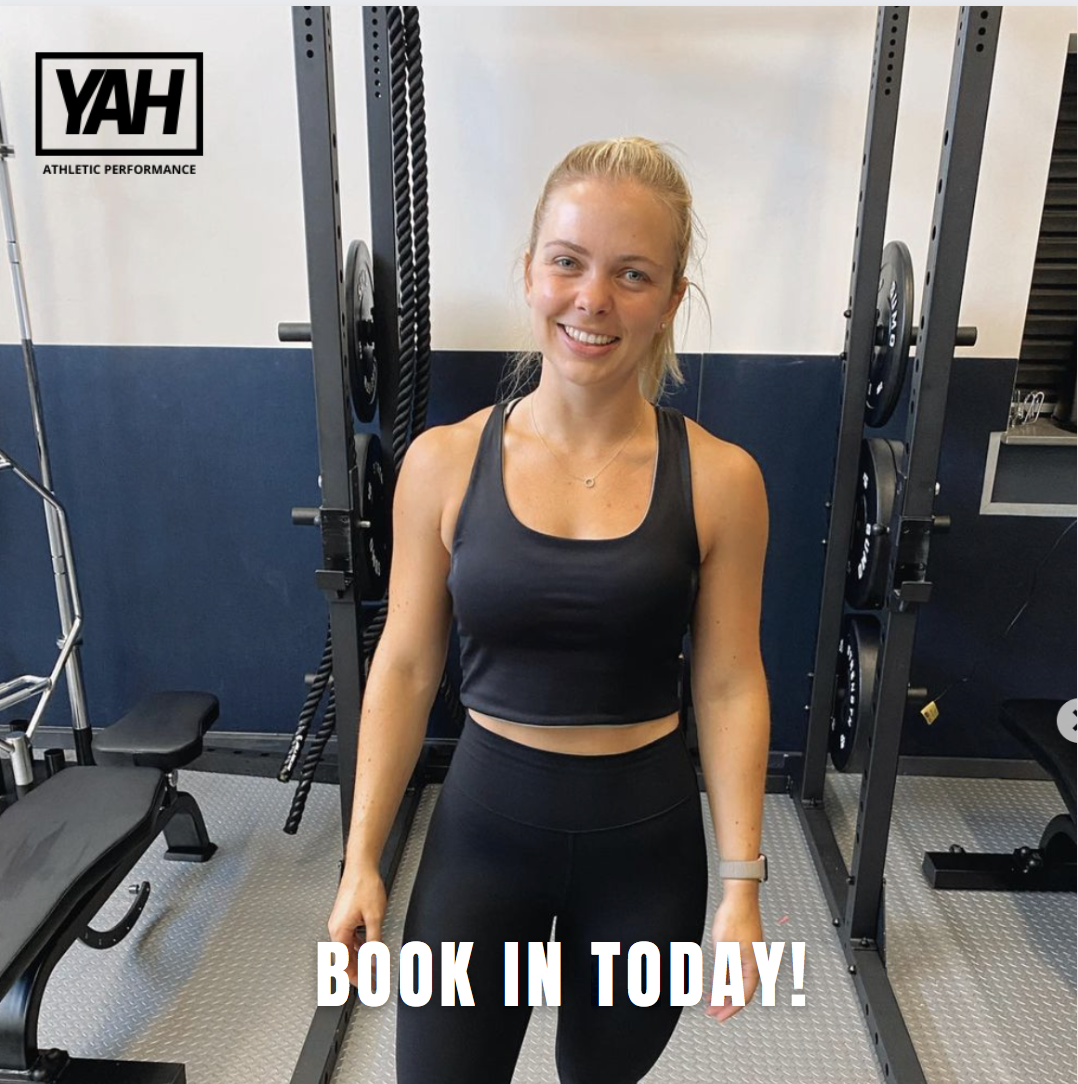
EDUCATION: HYDRATION
Lesson 1: The consequences of dehydration.
Sometimes until we are provided with deeper understanding, we don’t fully understand the impact something can have upon us. I know as a young kid playing cricket, i certainly didn’t. Dehydration has a far greater impact on performance than you may believe. It reduces aerobic performance due to an increase in body temperature, heart rate and perceived exertion (1).
To think dehydration could hold you back from achieving great success should encourage you to stay on top of your hydration. Let’s dive a little deeper into the consequences. A bulk of the research explains that any event that last over 30s is heavily impacted by a state of dehydration. So you guessed it, that impacts most athlete’s and team sports (2). There’s also some new research that shows impact on reactive sports and the impacts on the mental side of performance, in particular decision making (2). For example: A 800m runner reacting to a gun shot at the starting gate or even a football defender that has to respond the actions of his/her opponent. To give you an indication how largely dehydration impacts us, here’s a list:
Decrease in physical and mental performance (2,3).
2% drop in Body Mass = Detectable decrease in performance output (3) Equivalent to a 1.6kg decrease in weight in an 80kg athlete.
Can induce sickness and stomach cramps with a greater than 2% body drop.
Hopefully this begins to paint a picture to the many ways dehydration can impact us; from an athletic perspective to an everyday, quality of life perspective. Lesson 2 - Why we need to replace fluid loss!
Lesson 2: Why we need to replace fluid loss & understanding how much!
By now i hope you have a good understanding to the consequences behind not replacing fluids. When we sweat, if we don’t replaced the fluids lost that’s when negative consequences occur to our bodies (as we now know…lesson 1).
So does that mean we drink the same amount of fluid daily? Absolutely not… As always, it depends. Consider the following variables:
Heat & Humidity - Increasing in temperature increase body temperature, therefore sweating. More fluids lost, the more fluids you need to replace.
Exercise - Think about it like this… You’re driving around Australia in a motor home. Your drive 4 hours each day and refuel once each trip. The next day you decided to drive 12 hours to the next location. With the increase in driving, would you only refuel once? Absolutely not.. You’d break down. Just like your body will start to do if you don’t replace the fluids according to the amount of exercise you complete. More exercise = More fluids. Less exercise = Less fluids.
These variables aren’t the same everyday, they change. Hence your water consumption will as well. So how do you know how much to drink? Lesson 3 - Knowing how much to drink!
Lesson 3: How much to drink & how to create a Hydration plan!
The Sports Dietitian’s Australia website highlight the importance of knowing how much you sweat (sweat rate) during exercise or even daily activity, so you can understand how much you need to drink to stay hydrated (3). Here’s how to figure out how much you sweat each time you exercise. Keep in mind the weather conditions and duration of the exercise.
Step 1. Weigh yourself in minimal clothing before exercise.
Step 2. After completing exercise, take not of conditions (e.g. hot/cold) and the duration of exercise.
Step 3. Weight yourself in the same minimal clothing. Record difference of bodyweight.
Step 4. Compare pre and post weight and figure out the weight lost (kg). Then divide by the duration.
E.G. Starting Body Weight - 83KG
Post Body Weight - 80kg
Duration = 3 hours of exercise.
= 3kg / 3 hours = 1 kg of sweat loss per hour.
Step 5. Creating a plan - Now you have a rough idea that you need to drink 1 litre an hour to replace fluid loss. Depending on weather conditions you can slightly adapt this plan. Having a plan like this will ultimately set you up for success. Even if it’s not perfect, remember ‘A plan poorly executed plan is better than no plan at all’. Now what’s type of fluid should you be drinking?
Lesson 4: Fluid type!
Coach James drinking a gatorade during game day… Just kidding. Let’s have a closer look to when/what we should be drinking?
Water is the main fluid type that you should use to replace fluid loss due to sweat. However sports drinks do have have it’s benefits and uses, however shouldn’t be relied upon to heavily. So let’s talk about the correct use of gatorade and sports drinks. What benefit do they have? Most sports drinks contain carbohydrates (most readily available source of energy). They are an easily digestible way of fuelling the body with immediate energy. So when should i have a sports drink instead of water? The simple answer; when your body feels depleted of energy. Mostly, this will be in sports or events that are of longer duration. For example; between innings at cricket, half way through a marathon or even at the 3rd quarter break at a football match. So why shouldn’t i drink a gatorade before a match?
Uh huh. I couldn’t count the amount of times i’ve seen local athletes drinking gatorade before a match. Potentially, why isn’t it the best choice for optimal performance? As stated earlier, gatorade has a high level of carbohydrates, hence it’s for immediate energy, when you need it. If you'r pre game diet consists of nothing but a gatorade… well it’s better than nothing. We should all know by now that you should be having better food choices (something to discuss in the nutrition section). At YAH we are about performing at our best, not just surviving. With a properly set out pre-game nutrition plan that has good choices of carbohydrates, you will have long lasting energy. Not just energy for 10-45mins. So as you can see, better choices can be made pre game. As mentioned earlier, gatorade has its purpose… So what other benefits do sport drinks provide?
Let’s talk about electrolytes. Sports drinks like Gatorade, Hydro-lite and other brands, are rich in electrolytes (sodium and potassium). Sodium helps the absorption of both carbohydrate and water from the small intestine. It stimulates thirst receptors, so you are encouraged to drink more and hence replace fluids faster (4). Also sodium helps assist with muscle function. A lack of sodium has been shown as a contributing factor to muscle cramps and lack of blood supply to muscles ( negatively impacting aerobic performance) (4).
Hopefully now you can see that a sports drinks are designed to support your main fluid intake of water and improve optimal bodily function in exercise. Now with all that information sitting at the forefront of your brain, let’s put it into action! Time for a hydration plan!
TASKS 1: Design your own hydration plan!
NOTE: You MUST Save the google document below to use as a template. Do not write on the document.
TASK 2: Implement the hydration plan for 2 weeks then retake the Hydration Quiz
Congrats! Once you have completed the content, you have now finished the first module in hydration! Click the link below to take you back to the reviews.
References
1. Barr S. Effects of Dehydration on Exercise Performance. https://pubmed.ncbi.nlm.nih.gov/10198142/. Published 2022. Accessed May 6, 2022.
2. Carlton A, Orr R. The effects of fluid loss on physical performance: A critical review. J Sport Health Sci. 2015;4(4):357-363. doi:10.1016/j.jshs.2014.09.004
3. Fluids in Sport. Sportsdietitians.com.au. https://www.sportsdietitians.com.au/wp-content/uploads/2015/04/Fluids-in-sport.pdf. Published 2022. Accessed May 9, 2022.
4. Sports Drinks. Sportsdietitians.com.au. http://www.sportsdietitians.com.au/wp-content/uploads/2015/04/Sports_Drinks.pdf. Published 2022. Accessed May 9, 2022.
After some extra help?
It all begins with an idea. Maybe you want to launch a business. Maybe you want to turn a hobby into something more. Or maybe you have a creative project to share with the world. Whatever it is, the way you tell your story online can make all the difference.
ADDITIONAL NUTRITION SERVICES
Our nutritionist is here to help:
Meal plans & calculating macronutrient demands.
Building a healthy relationship with food - working out energy demands and how much you should be eating.
Sports nutrition & holistic guidance to performance.
** please note this is at an additional cost**
Click the link below to book in for your 1v1 consultation.




